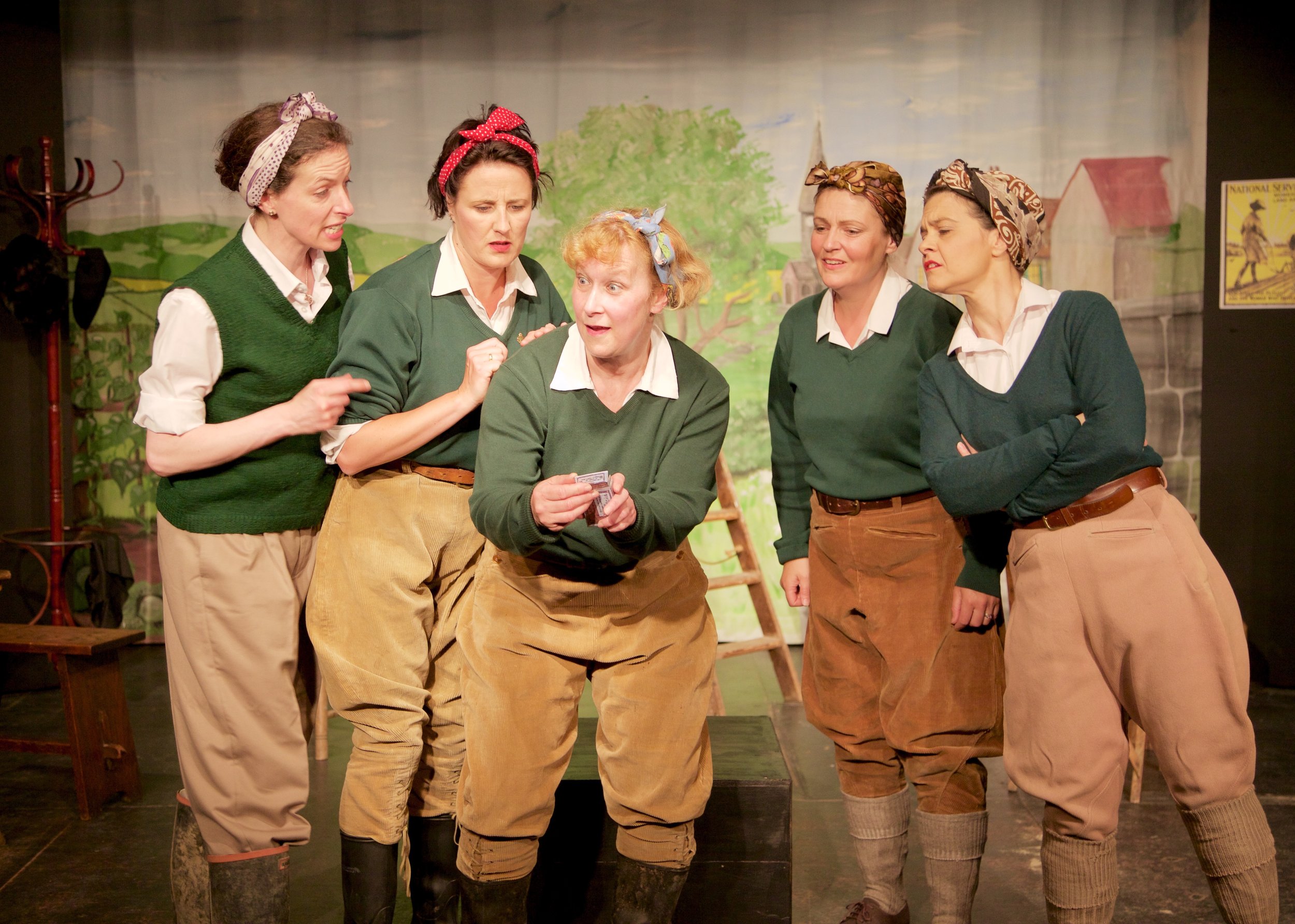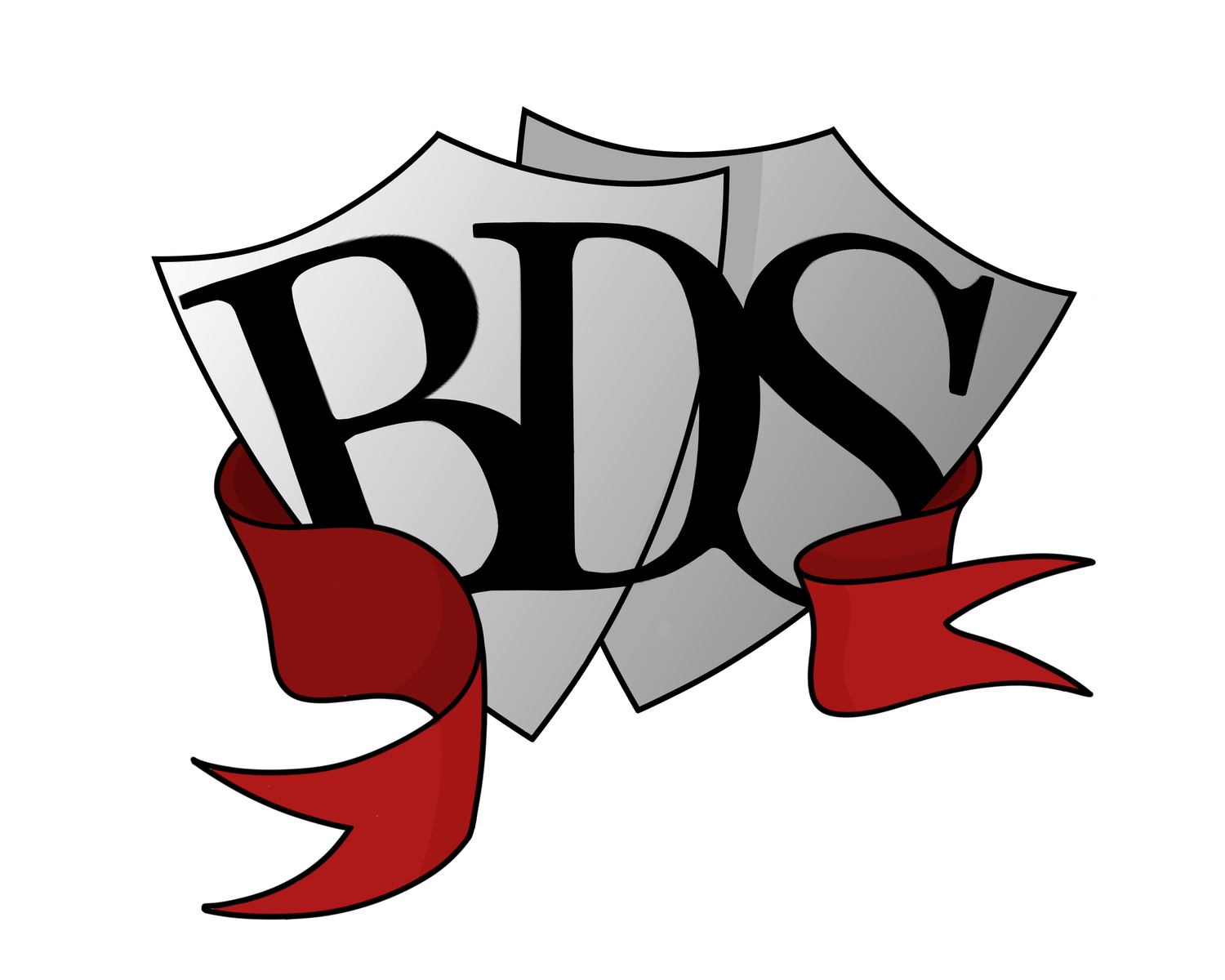
Safeguarding
Purpose
The purpose of this policy is to protect people, particularly children and at risk adults from any harm that may be caused through their interaction with Billingshurst Dramatic Society. This includes harm arising from:
The conduct of volunteers or personnel* associated with Billingshurst Dramatic Society
The design and implementation of Billingshurst Dramatic Society’s programmes and activities
(* including, for example: actors, crew, technicians etc)
The policy lays out the commitments made by Billingshurst Dramatic Society and informs volunteers and associated personnel of their responsibilities in relation to safeguarding.
What is Safeguarding?
In the UK, safeguarding means protecting peoples' health, wellbeing and human rights, and enabling them to live free from harm or abuse.
Scope
All volunteers and personnel connected with Billingshurst Dramatic Society (see definition above)
Policy Statement
Billingshurst Dramatic Society believes that everyone we come into contact with, regardless of age, gender identity, disability, sexual orientation or ethnic origin has the right to be protected from all forms of harm or abuse. Billingshurst Dramatic Society will not tolerate abuse and exploitation by volunteers or associated personnel.
This policy will address the following areas of safeguarding: child safeguarding, adult safeguarding, and protection from sexual exploitation and abuse.
Billingshurst Dramatic Society commits to addressing safeguarding throughout its activities, through the three pillars of prevention, reporting and response.
Prevention - Responsibilities
Billingshurst Dramatic Society will:
Ensure all volunteers have access to, are familiar with, and know their responsibilities within this policy
Design and undertake all its activities in a way that protects people from any risk of harm that may arise from their coming into contact with the society.
Implement stringent safeguarding procedures when recruiting, managing and deploying volunteers and associated personnel
Ensure volunteers and associated personnel receive information on safeguarding at a level commensurate with their role in the society
Follow up on reports of safeguarding concerns promptly and according to due process
Prevention - Responsibilities of Individuals
Volunteers and associated personnel are obliged to:
Contribute to creating and maintaining an environment that prevents safeguarding violations and promotes the implementation of the Safeguarding Policy
Report any concerns or suspicions regarding safeguarding violations by a volunteer or associated personnel to the appropriate contact (see below)
Prevention - Enabling Reports
Billingshurst Dramatic Society will ensure that safe, appropriate, accessible means of reporting safeguarding concerns are made available to volunteers and associated personnel.
Contacts: <position vacant> and Denise Robinson, billingshurstdramaticsociety@gmail.com
Response
Billingshurst Dramatic Society will follow up safeguarding reports and concerns according to legal and statutory obligations.
Confidentiality
It is essential that confidentiality in maintained at all stages of the process when dealing with safeguarding concerns. Information relating to the concern and subsequent case management should be shared on a need to know basis only and should be kept secure at all times.
Definitions
Child - A person below the age of 18.
Harm - Psychological, physical and any other infringement of an individual’s rights.
Psychological harm - Emotional or psychological abuse, including (but not limited to) humiliating and degrading treatment such as bad name calling, constant criticism, belittling or persistent shaming.
Sexual abuse - The term ‘sexual abuse’ means the actual or threatened physical intrusion of a sexual nature, whether by force or under unequal or coercive conditions.
At risk adult - Sometimes also referred to as vulnerable adult. A person who is or may be in need of care by reason of mental or other disability, age or illness; and who is or may be unable to take care of him or herself, or unable to protect him or herself against significant harm or exploitation.
Date: 29th July 2019
